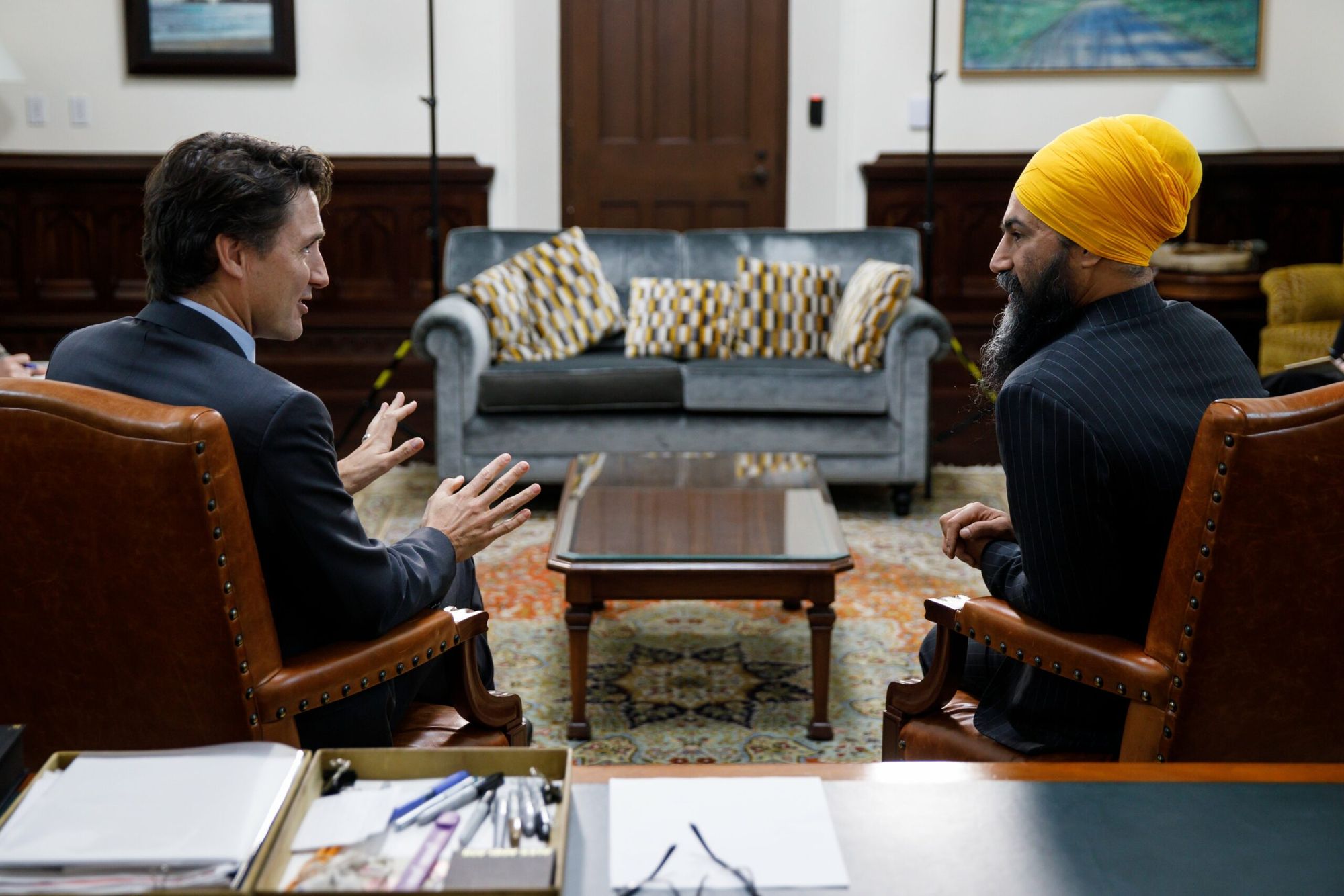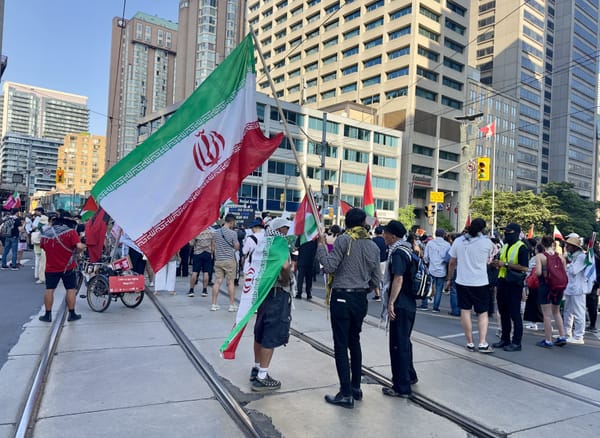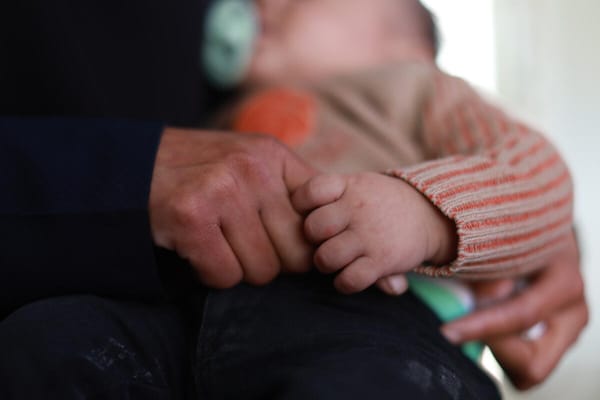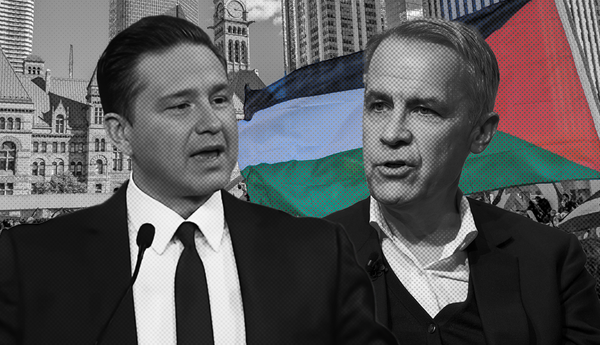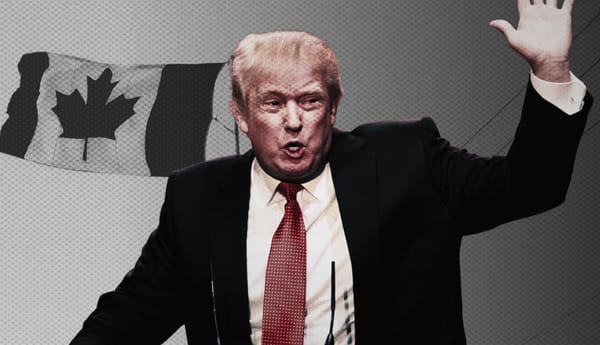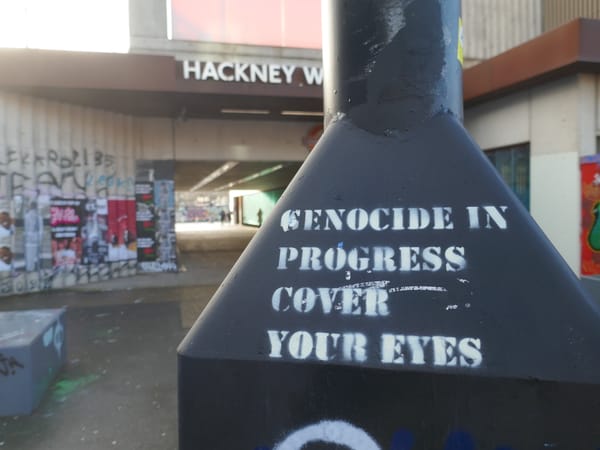In the long march toward the annihilation of the NDP, this week’s agreement with the Liberals will surely go down as a pivotal moment. There’s no turning back now; there’s nothing left of the party to save.
The NDP has handed their opposition to the governing party. In doing so, they’ve killed their ability to challenge the government. They can’t seriously threaten, negotiate or bargain for the next three years. Nor will they vote against the government on spending or confidence bills, as long as the Liberals uphold the agreement between the two parties. In exchange, the NDP will avoid another awkward situation like that time they voted in favour of the Emergencies Act, even though it was an unnecessary Liberal power move. The only way the NDP could justify it was to avoid going to an election.
The NDP needs the cover of this agreement, as they were too exposed when they supported the Act. With it, they can hold their nose and vote for whatever the Liberals throw at them, and claim that they’re doing so because they’re “delivering for Canadians now,” the 10 cent brand name they’ve given to this deal.
Canada is about to enter a moment of crushing austerity to pay for social spending related to the pandemic. Now, on the cusp of the Liberals pledging to massively boost Canada’s military spending to $32 billion over several years, and hell, maybe formally going to war, the NDP can shrug and apologize when they vote in favour of what is all but inevitable.
What perhaps is so galling about this decision is how little the NDP was willing to sell its soul for. It isn’t like we’re getting electoral reform or universal pharmacare or a new week of paid vacation or even three new national holidays. No — they’ve sold out for almost nothing. It’s almost like they have a talent for selling out, but even that might be giving their backroom people too much credit. As one friend pointed out, the NDP couldn’t even guarantee more than four meetings per year with Prime Minister Justin Trudeau out of this deal.
The agreement starts by cementing the fact that we will never see a universal social program again in Canada, unless there’s some kind of revolutionary change. While this should be seen as a colossal failure, it’s actually being spun as a victory by NDP partisans.
The first promise in the agreement is to offer low-income children under the age of 12 access to dental care in 2022. I guess they’re hoping that no one from a part of Canada that already offers free dental care to children, (in some provinces, regardless of income!), reads this and says, ‘Wait, don’t we already have that?’
So, Canada potentially boosts its military spending by billions, and the Liberals get to do essentially nothing for the first year of the agreement? A very cynical start.
But then, and this is the headline promise, the agreement goes on to explain that the public dental program will be a scheme “restricted to families with an income of less than $90,000 annually, with no co-pays for anyone under $70,000 annually in income.” This program will also only be fully implemented in 2025 (an election year), with no mention about what’s planned to force the implementation at the provincial and territorial level.
Another major promise is that the Liberals will slowly move on former Ontario cabinet minister Eric Hoskins’s pharmacare report by passing an act before the end of 2023, and then “tasking the National Drug Agency to develop a national formulary of essential medicines and bulk purchasing plan by the end of the agreement.” Anyone who has dealt with drug plans knows that companies already have a national formulary. It shouldn’t actually take up to three years to do this work, though three more years of stability is worth its weight in gold if you’re petrified of another election.
The rest of the agreement is even more thin, with very few details. Under the headline “Making life more affordable for people” — helpfully distinguishing the section from the ‘Making life more affordable for dogs and plants’ section (that is a joke, in case it was believable) — the promises are all ‘continue this’ and ‘extend that.’ This is the sort of language we’d expect to see in a standard Liberal budget.
It goes on like this for four more sections, before ending with one called “Making democracy work for people,” helpfully distinguishing it from the ‘Making democracy work for rivers and forests’ section, which should be there, but isn’t. They promise to maintain Quebec’s number of seats in the House of Commons and for Canada’s election day to be expanded to three days instead. The NDP’s flagship demand — electoral reform — isn’t mentioned.
The odds are low that any of these measures not already part of Liberal policy will actually be implemented. But it doesn’t matter, because by the time 2025 rolls around, the spectre of Prime Minister Pierre Poilievre will help us all forget about this entirely. Now, that part is a joke, as I don’t actually think he’ll win. But if you can’t endure this latest political move without a huge dose of humour, then you’re in really bad shape.
But not in as bad shape as the NDP, a party that even two decades ago wouldn’t have considered selling its soul for so little. Maybe that’s why the bust of former leader Tommy Douglas in the promo photo posted by current leader Jagmeet Singh announcing this agreement appears to be laughing. You’re right, little bust. This is funny. As long as you don’t spend a second thinking about how bad it is for Canadians to not even have a pretend left flank in Parliament.


